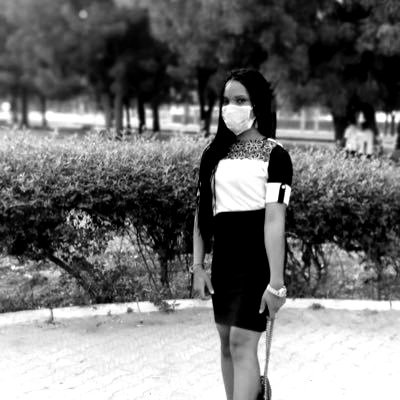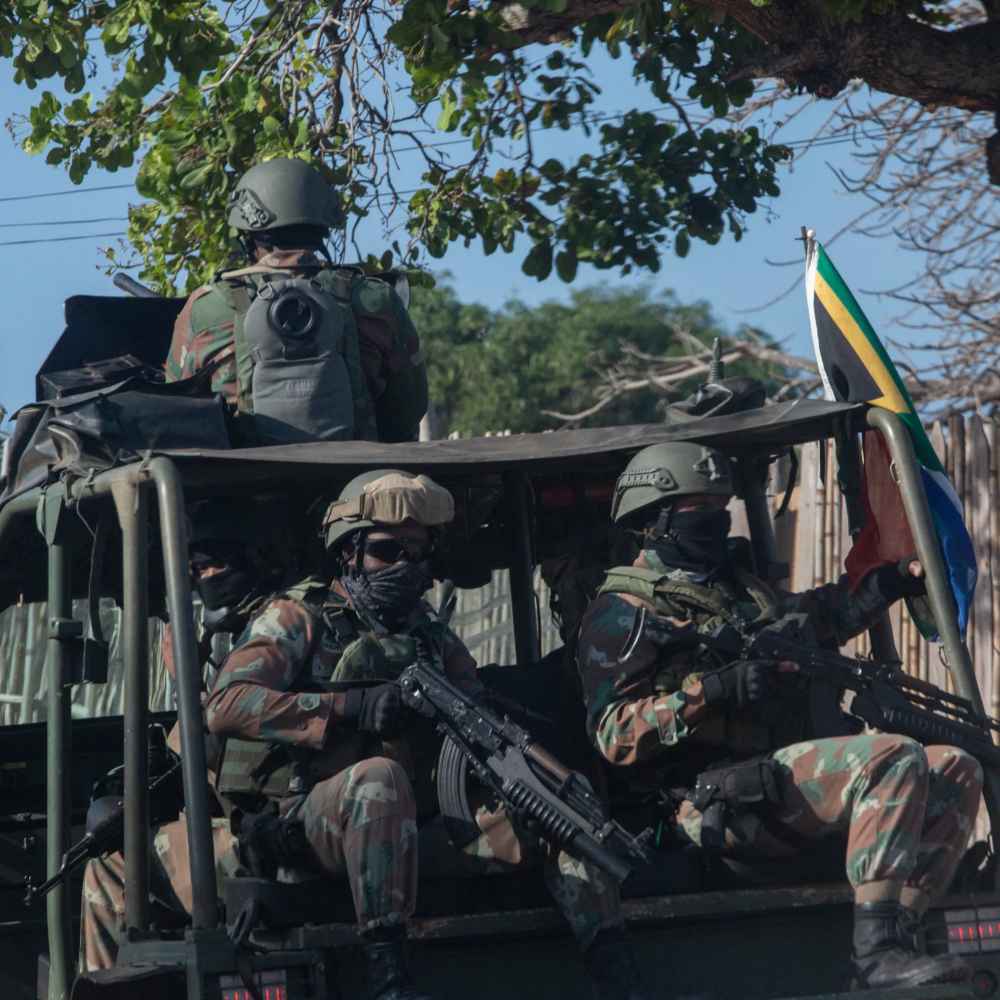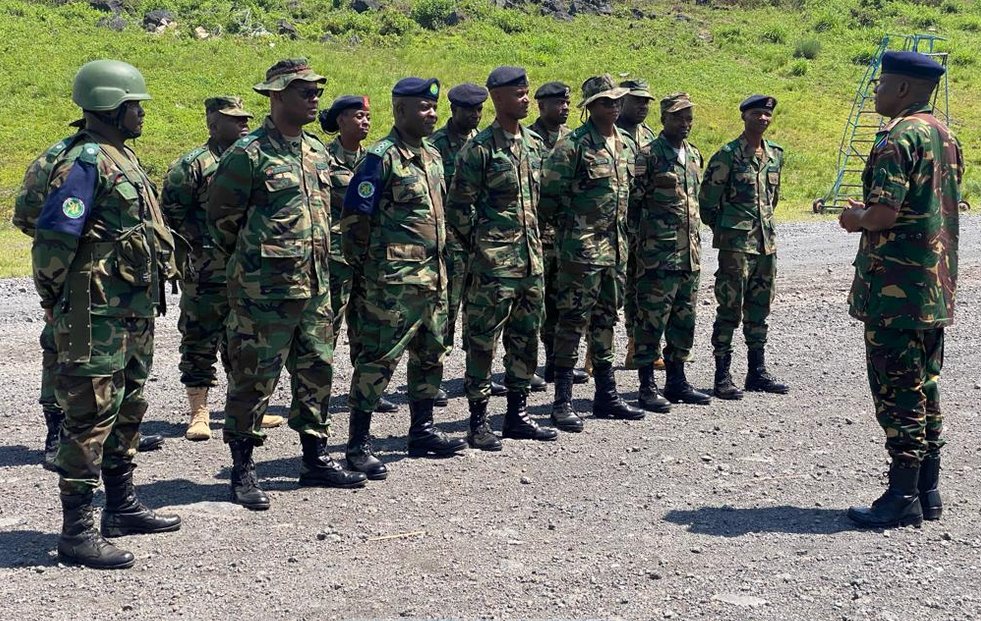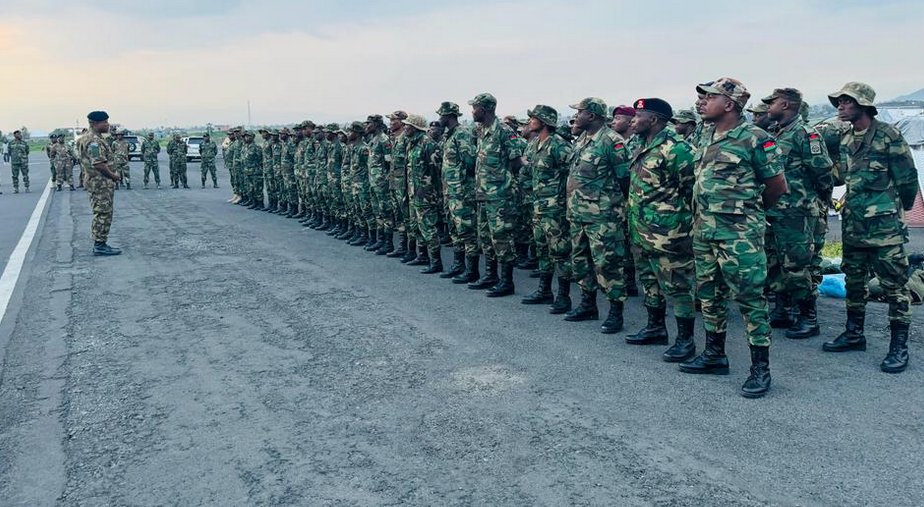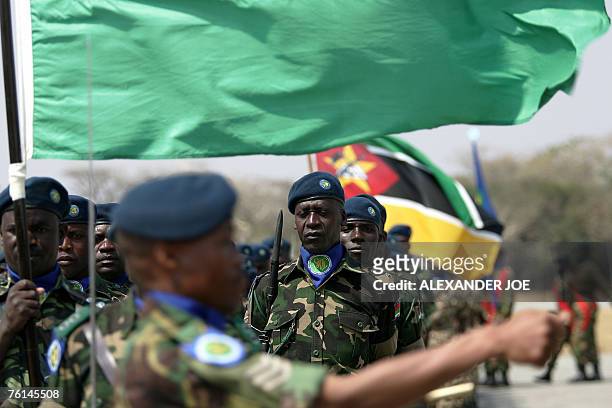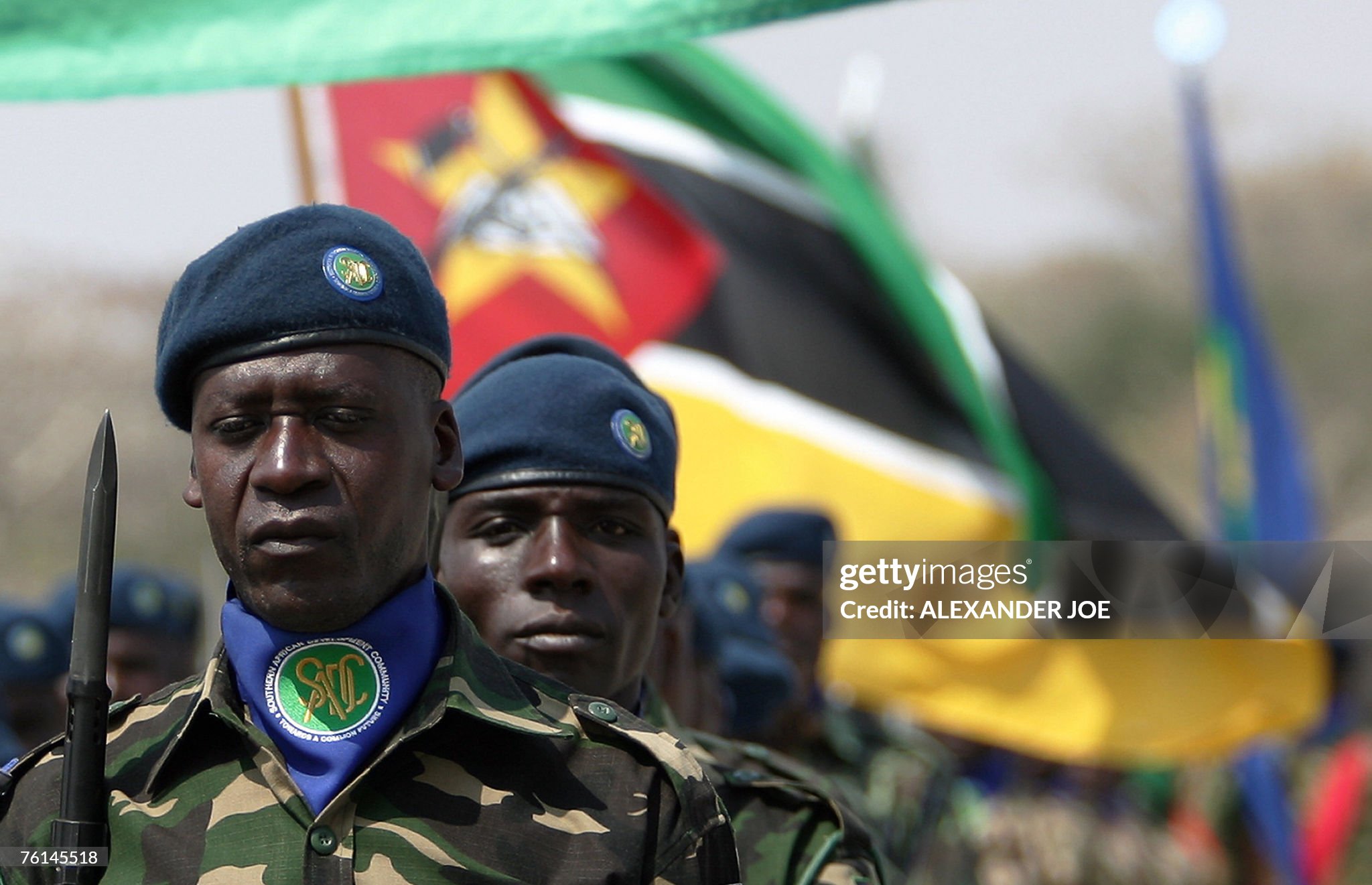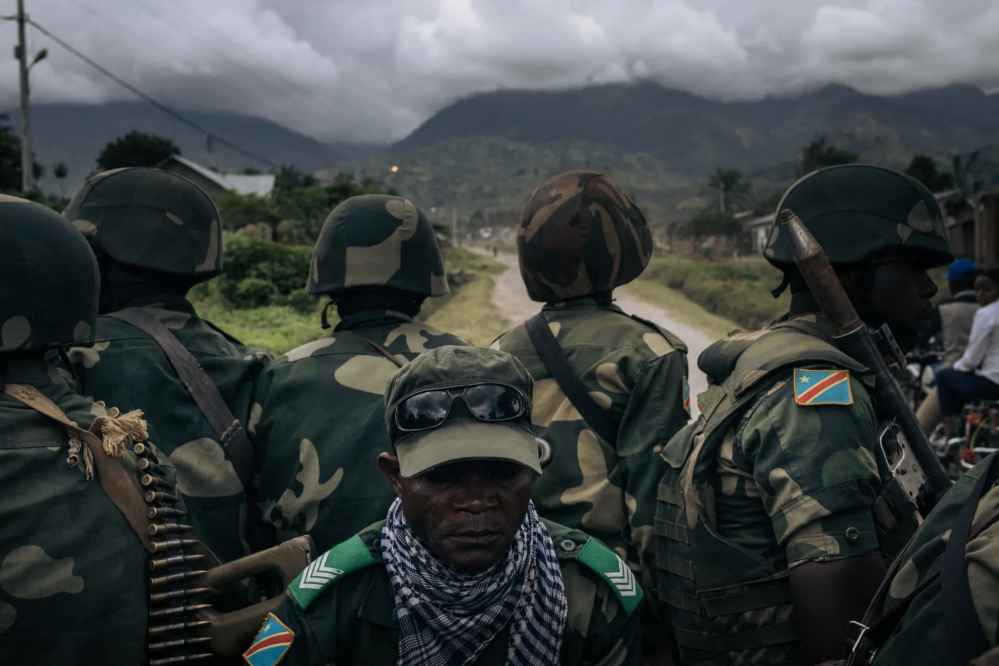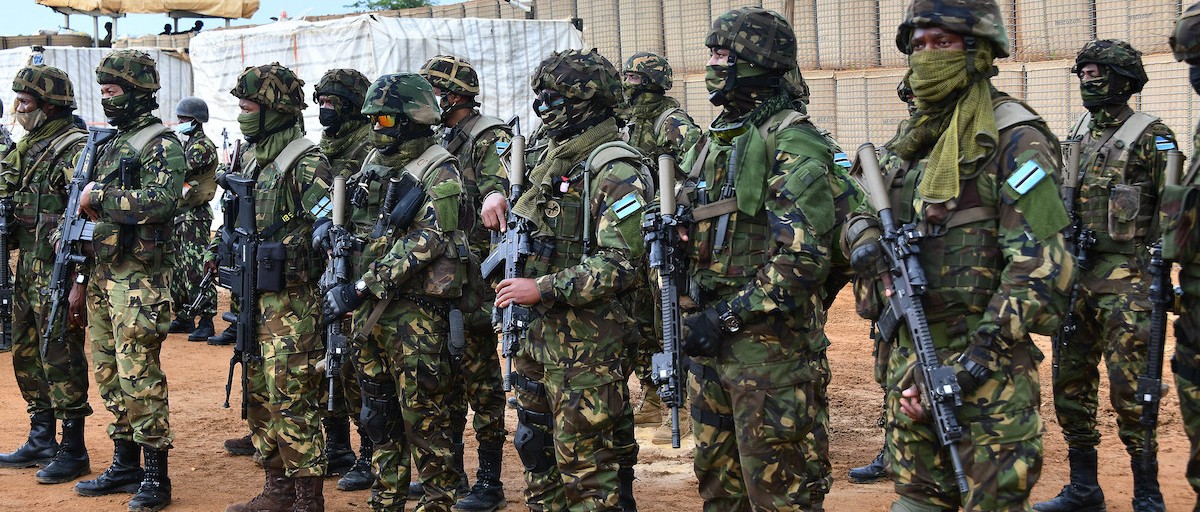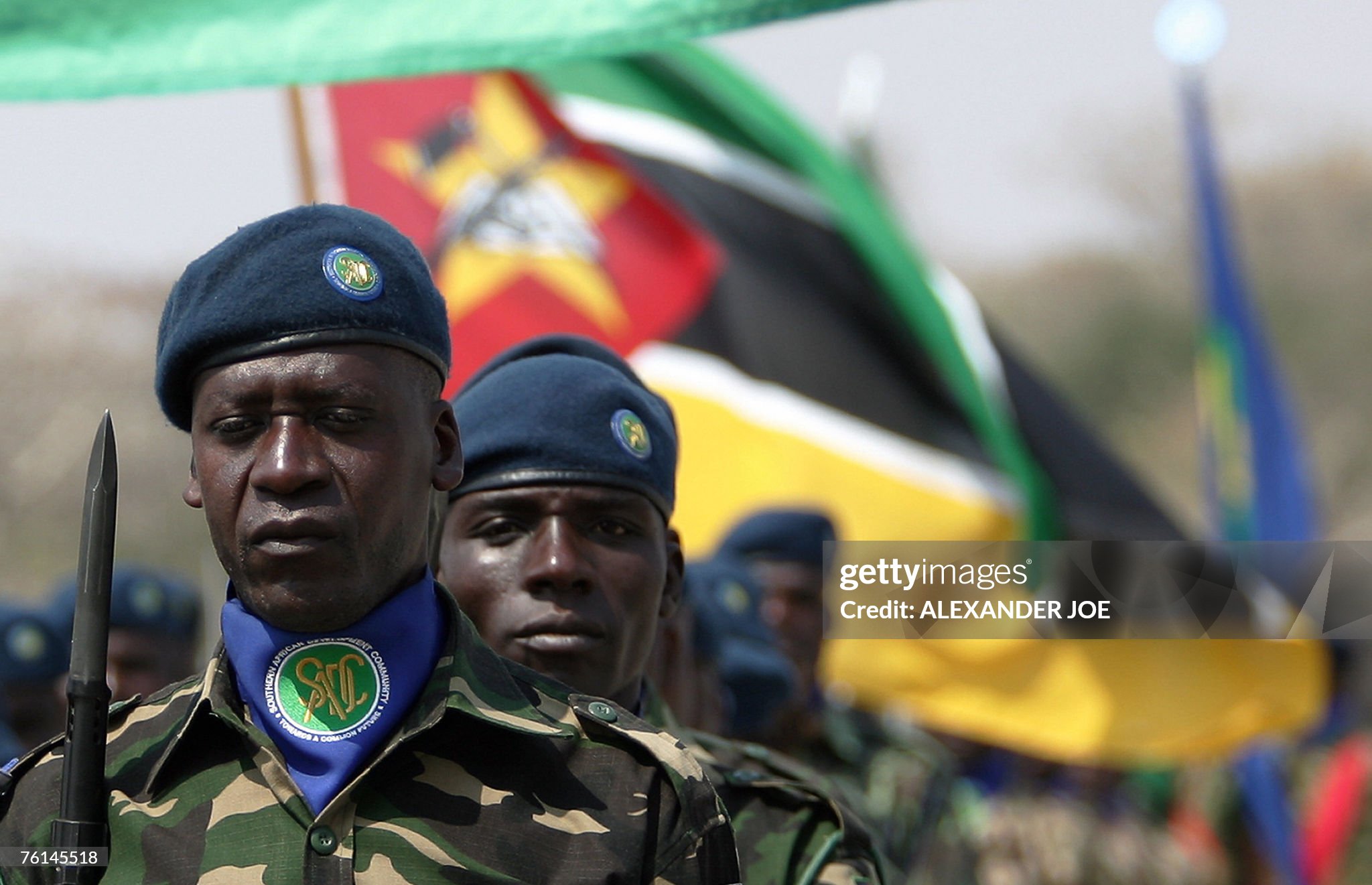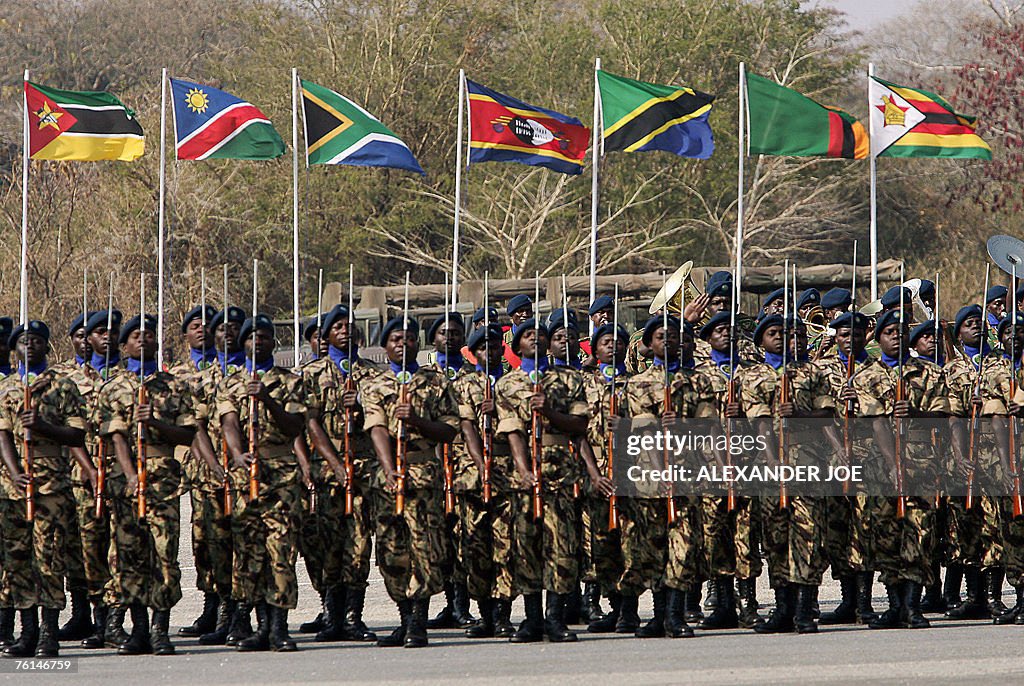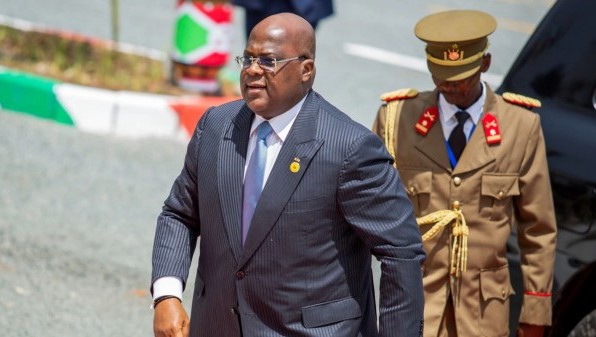Regional
Coltan mines and a forced arm: Unmasking motive behind South Africa’s DRC troop deployment
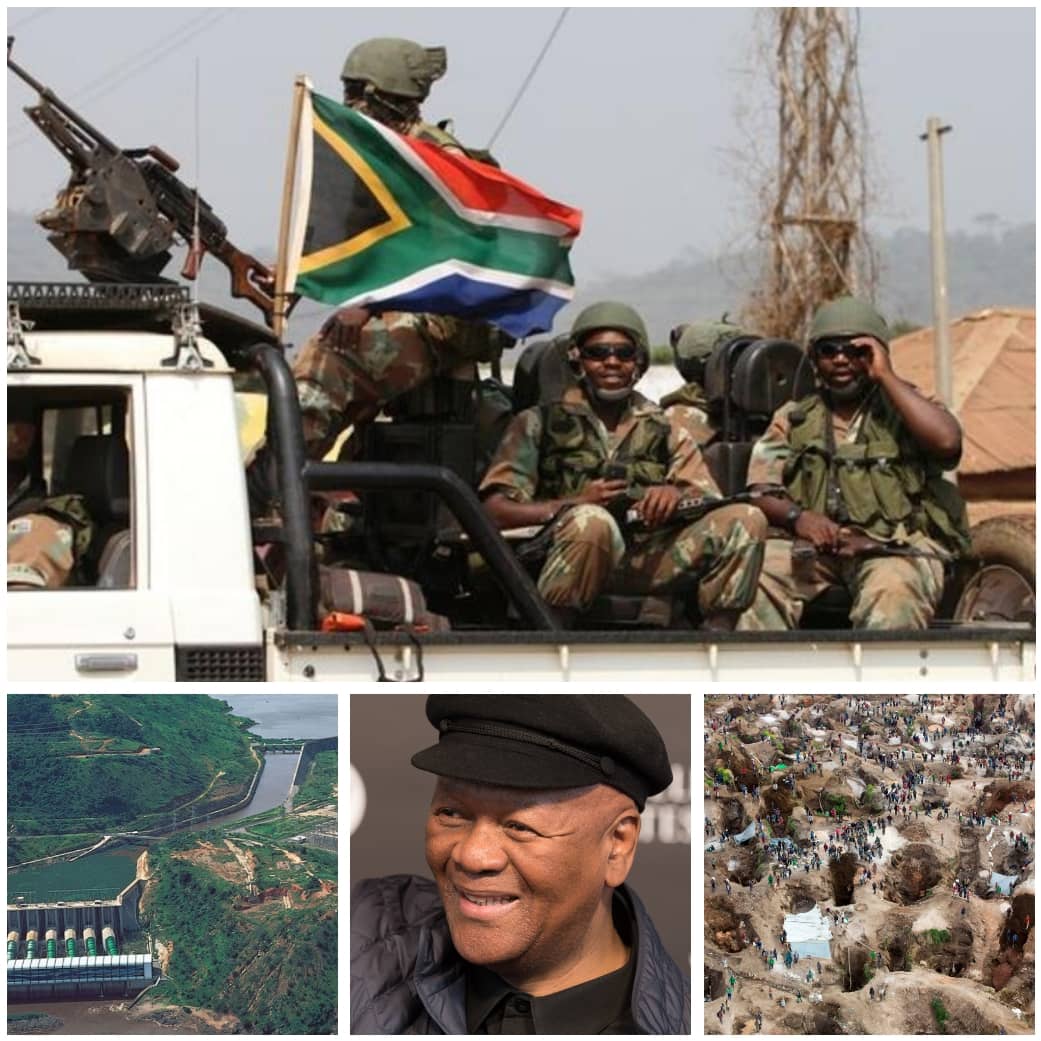
The
first contingent of South African troops arrived in the east of the Democratic
of Congo (DRC), in late December 2023, as part of the deployment of military
forces by the Southern African Development Community (SADC) to fight M23
rebels.
The
military force included commando assault units, artillery men, logistics
personnel and airmen.
Prior
to their deployment, South Africa had claimed that SADC troops would not be
sent to DRC due to failure of payment from Kinshasa. But soon after, the troops
were seen landing in Goma, the capital of North Kivu Province.
What
prompted the change of heart from South Africa?
Right
after their deployment, the South African National Defence Force’s first
mission was to fight off the M23 rebels from their captured territory in Sake, some
25 kilometers north-west of Goma, and precisely attempting to take control of
Rubaya mine in Masisi, North Kivu.
The
Rubaya mines are a series of coltan mining sites near the town of Rubaya in
Masisi Territory where tonnes of the strategic mineral have been, for years,
extracted and exported.
The
SANDF’s mission in Rubaya was clear, from the very start. The South African army
is protecting their country’s interests, disregarding the plight of the
Congolese people who are suffering.
According
to a source from Pretoria, South African Mining Development Association (MIASA)
is looking to have access to the mining hub, prompting the South African troops
to viciously fight off the M23 rebels, with the resultant civilian casualties,
for the sake of securing the mines.
For
South African President Cyril Ramaphosa, there is a personal catch in securing
Rubaya.
Ramaphosa's
special envoy to the Great Lakes, Jeff Radebe, is married to Brigitte Motsepe,
the President of MIASA, and the sister of the South African first lady.
Radebe's brother-in-law Patrice Motsepe, the Confederation of African Football
(CAF) president, is one of Africa's billionaires in mining.
Ramaphosa’s
fight against the M23 rebels is simply for personal gains. By fighting off the
rebels, he is killing two birds with one stone; pleasing his Congolese
counterpart Felix Tshisekedi, while his family gains full access to the Rubaya
mines in DRC.
South
Africa’s crippling power crisis a factor in eastern DRC equation
Beyond
eyeing the mining sector, Ramaphosa deployed the troops, after Tshisekedi
threatened to frustrate the Inga dam project, a series of seven proposed
hydroelectric power stations at the site of the Inga Falls, to which South
Africa stands to benefit from.
Since
2022, South Africa has had persisting power challenges due to its ailing electricity
infrastructure.
That
problem could be solved by DRC. In 2013, both countries signed a
treaty where South Africa committed to purchasing 2,500 megawatts from the dam,
known as Inga 3.
Both
countries pledged to revive DRC’s giant Inga 3 hydroelectric project that South
Africa hopes will help solve its power crisis.
"We have now recommitted ourselves to
revive the Grand Inga project," Ramaphosa said at a joint press conference
in Kinshasa, in July 2023, noting that the project had been "lying
dead."
Knowing
where and how to hurt Pretoria, Kinshasa threatened to pull the plug if Ramaphosa
did not deploy troops to eastern DRC. The South African leader panicked. His
country has been interested in Grand Inga’s power generating potential since
the late 1990s, with its policy plan assuming it could import 2,500 MW from
Inga by 2030.
With
that in mind, therefore, sources say, Ramaphosa’s hand was forced and, as such,
the M23 rebels’ cause is the least of Ramaphosa’s worries. He is eyeing way
bigger business and economic interests.
When
the Southern African Development Community (SADC) allowed the deployment of a
Mission to the DRC (SAMIDRC), it was to purportedly assist the Congolese
government in restoring peace and security in the eastern part of the country.
However,
as days go by, the security situation is only getting worse because countries
are there for their own business or economic interests and not to help the suffering
Congolese people at all.
South
Africa is only helping Kinshasa to break the country more.


